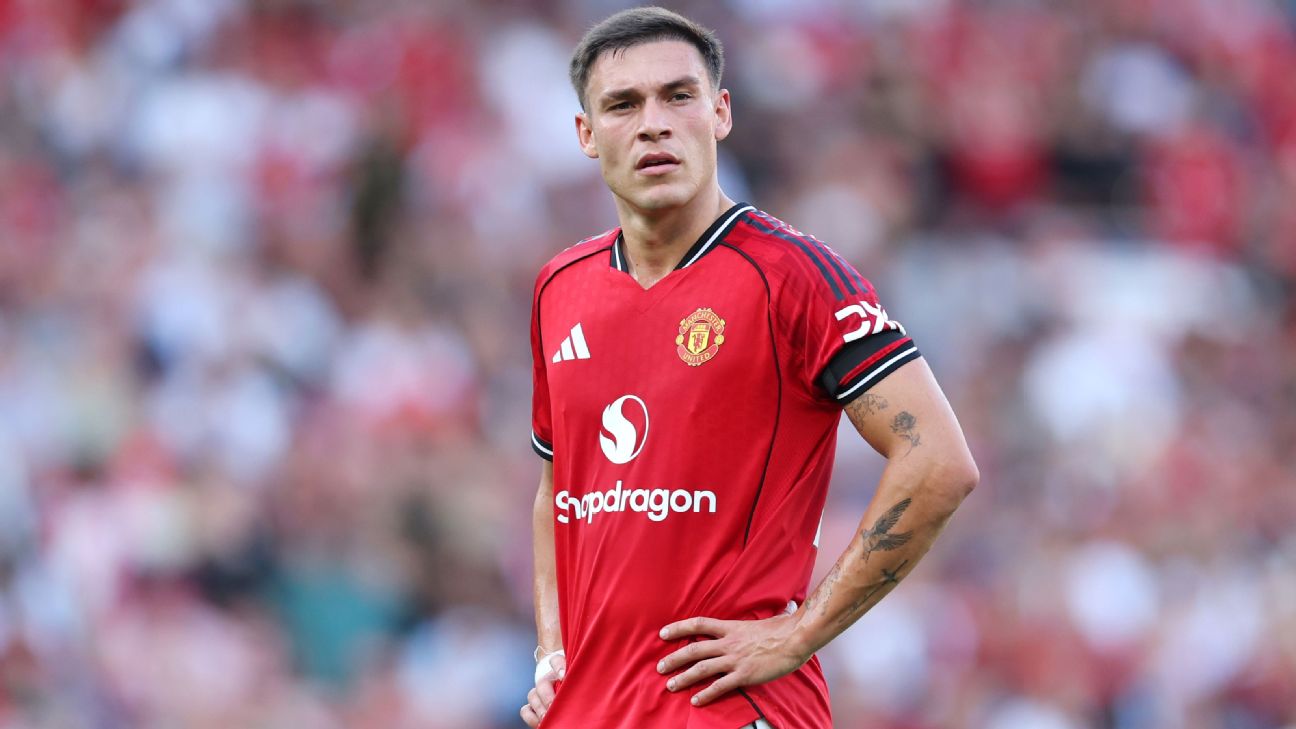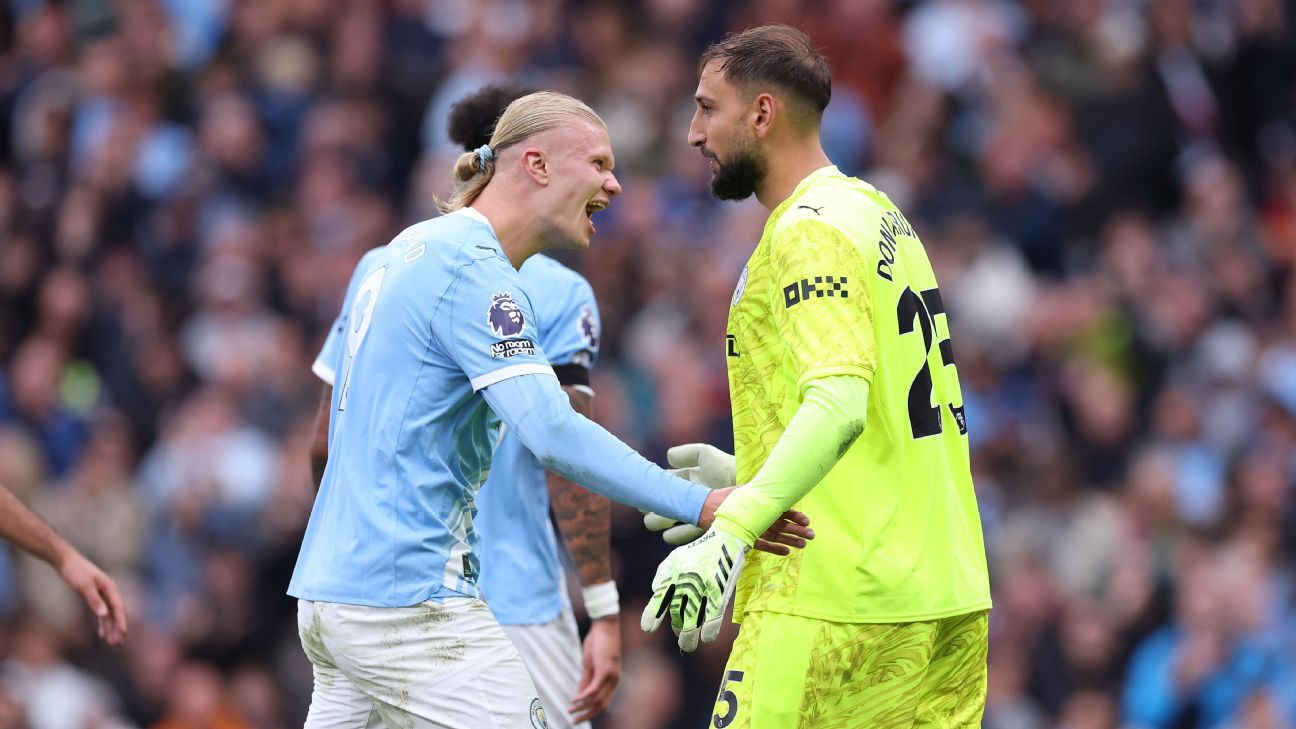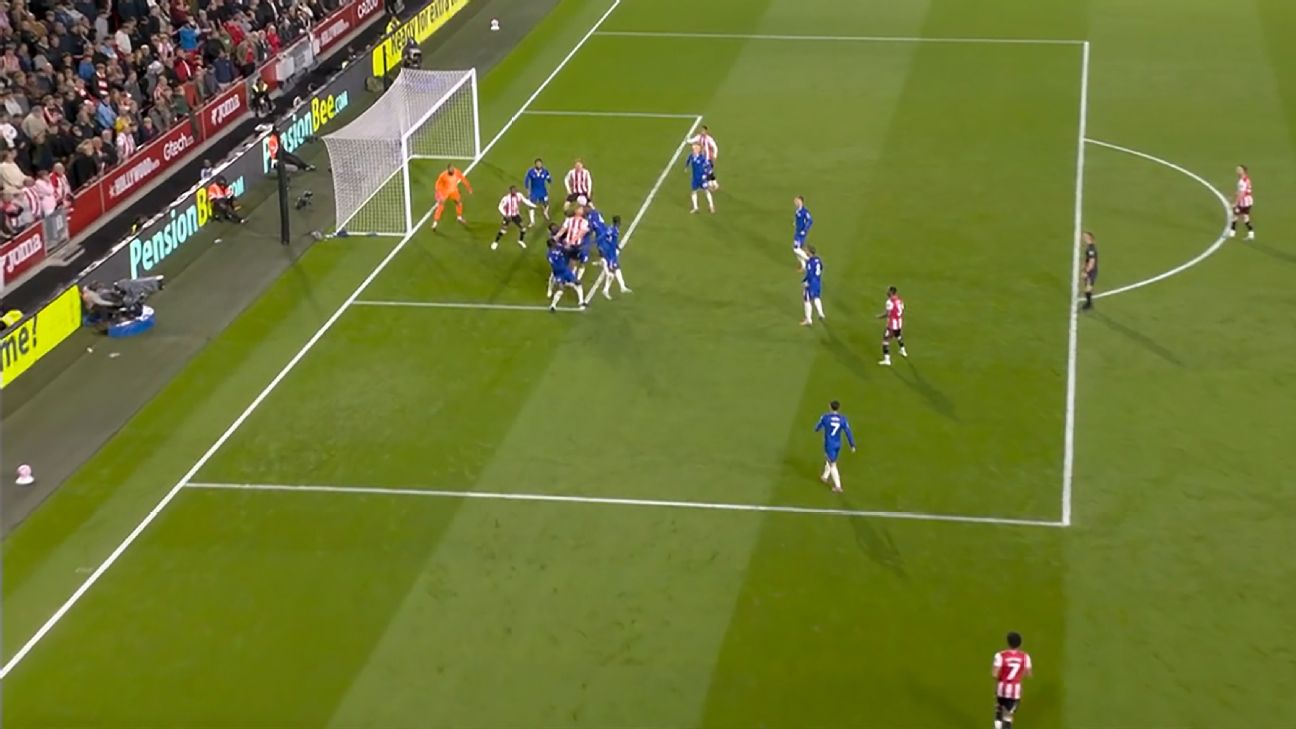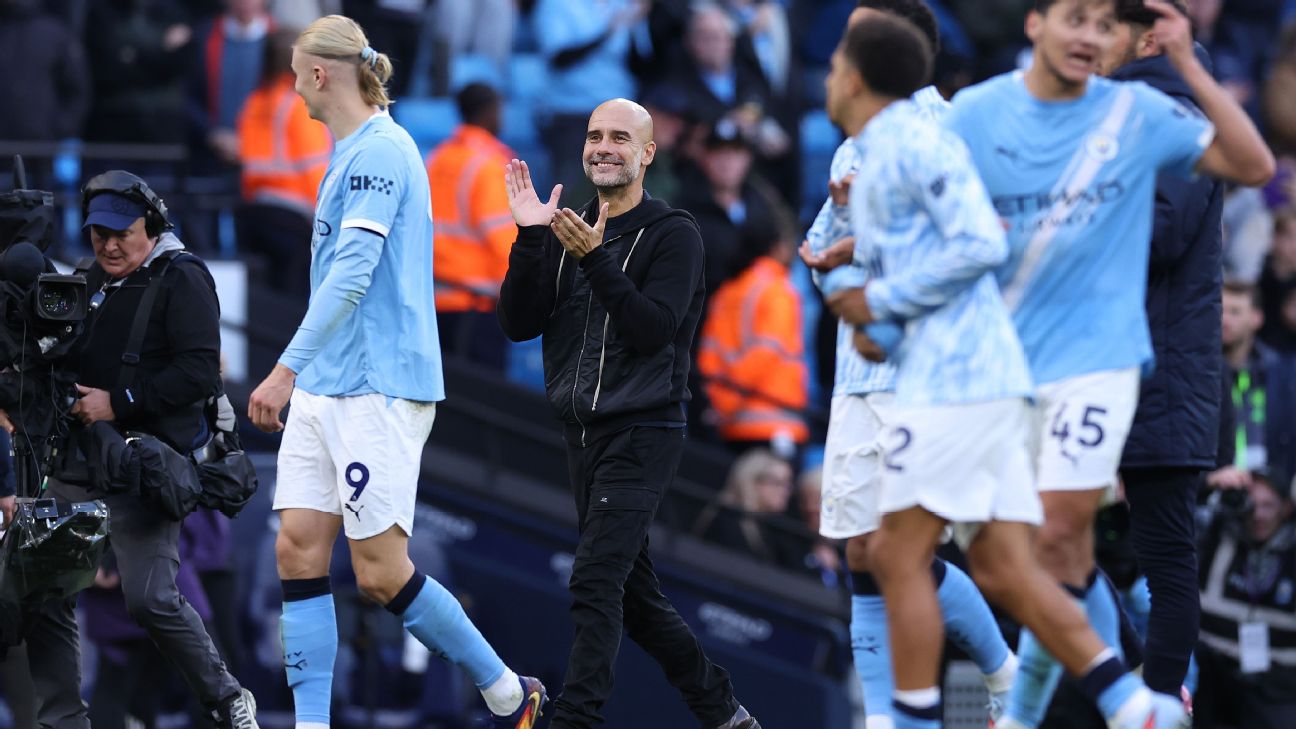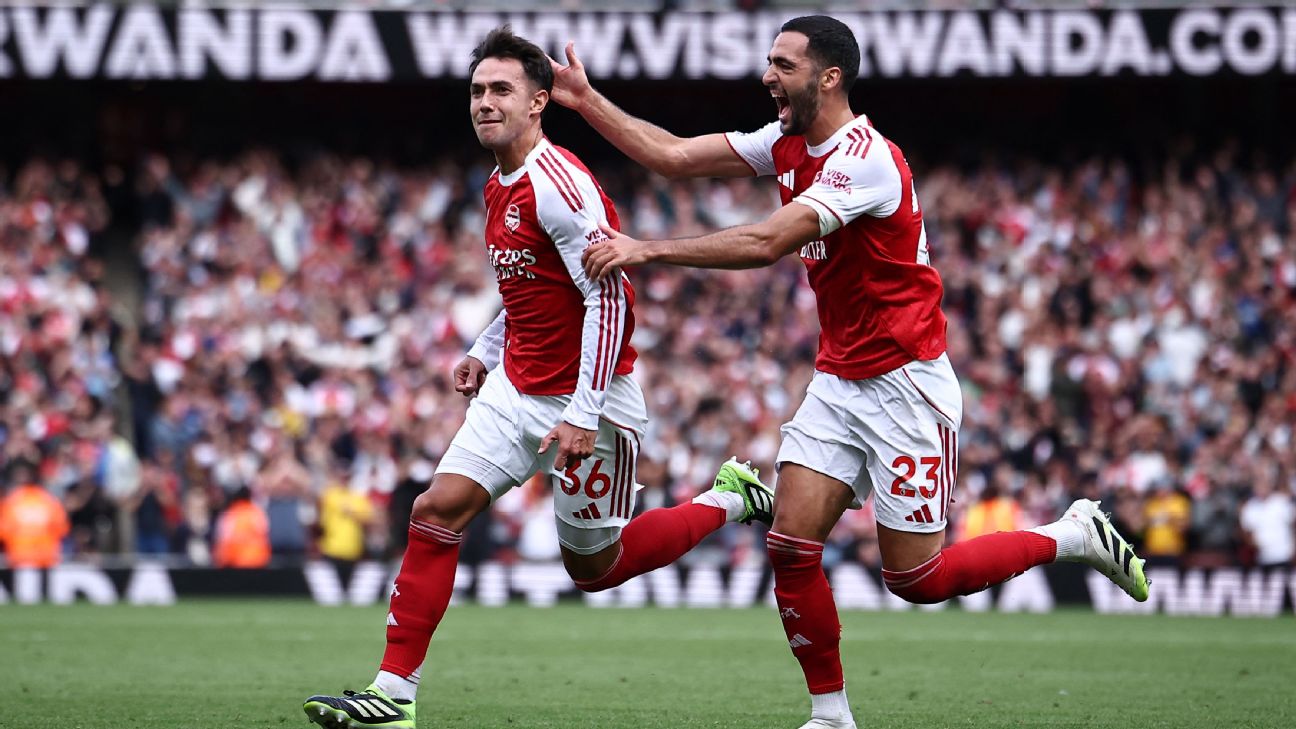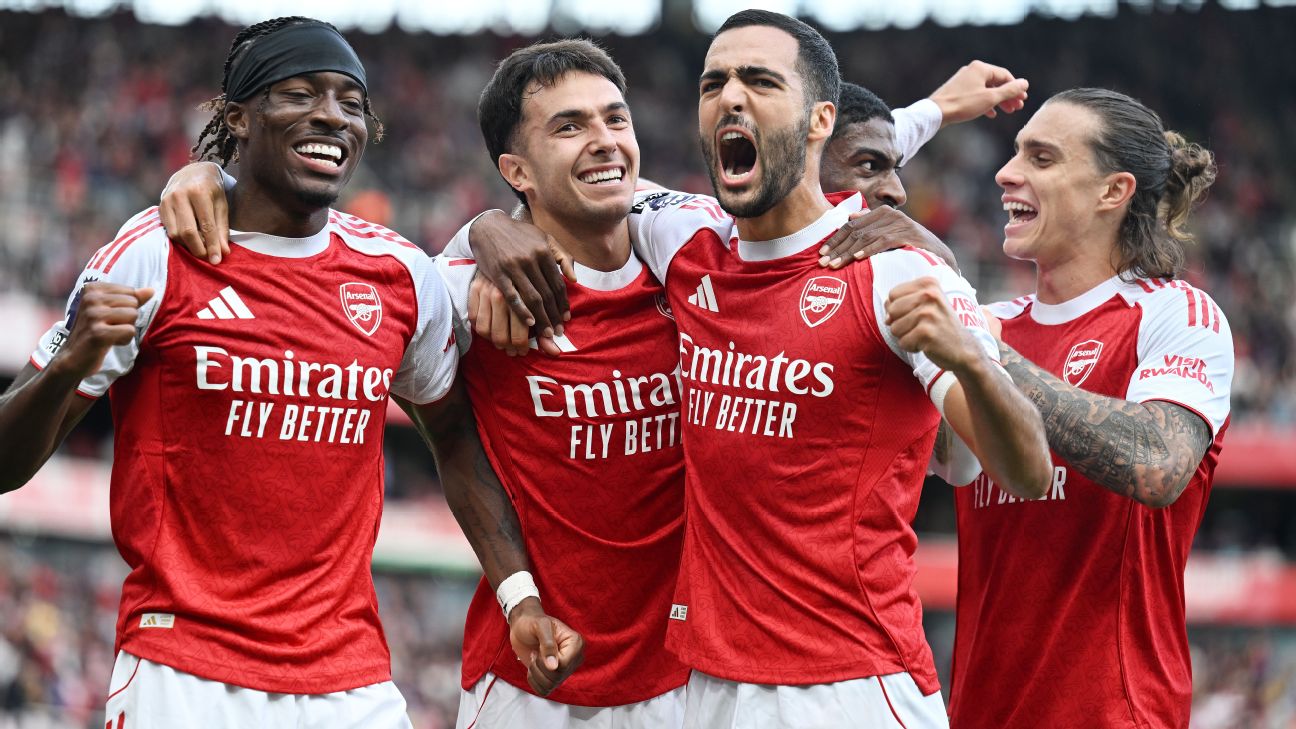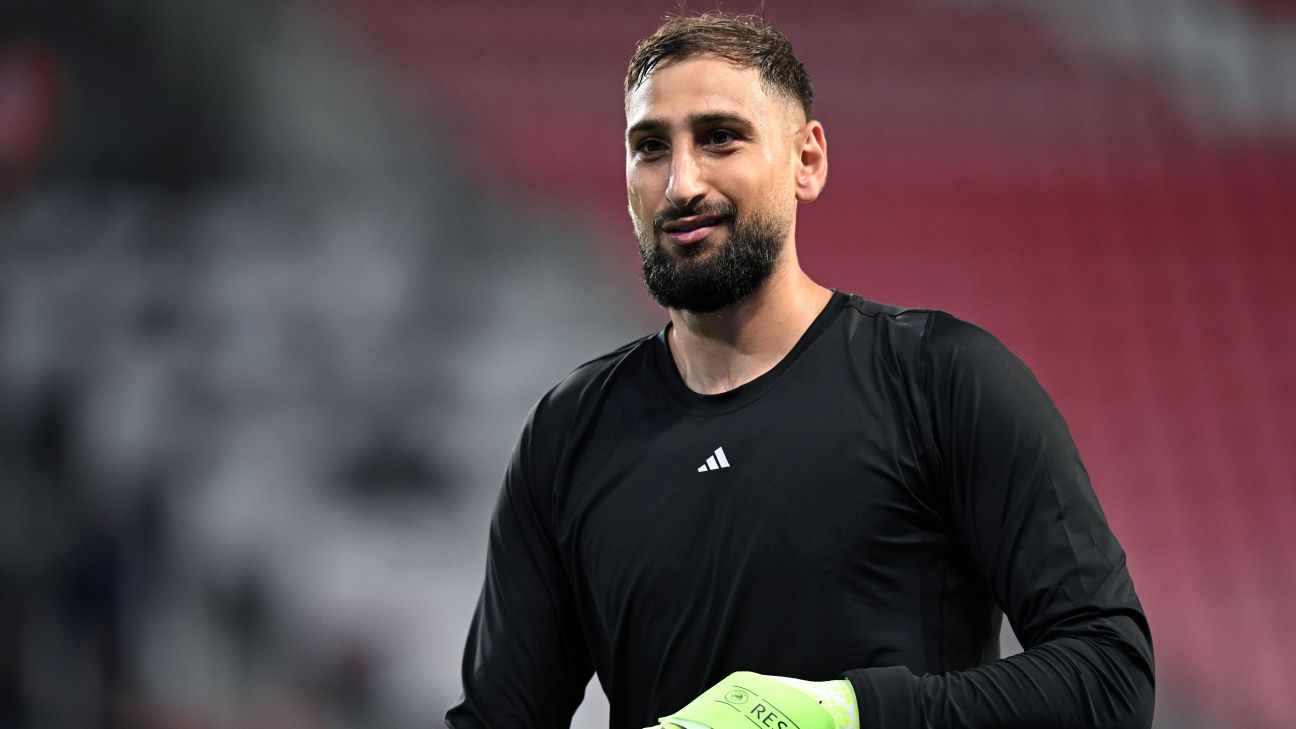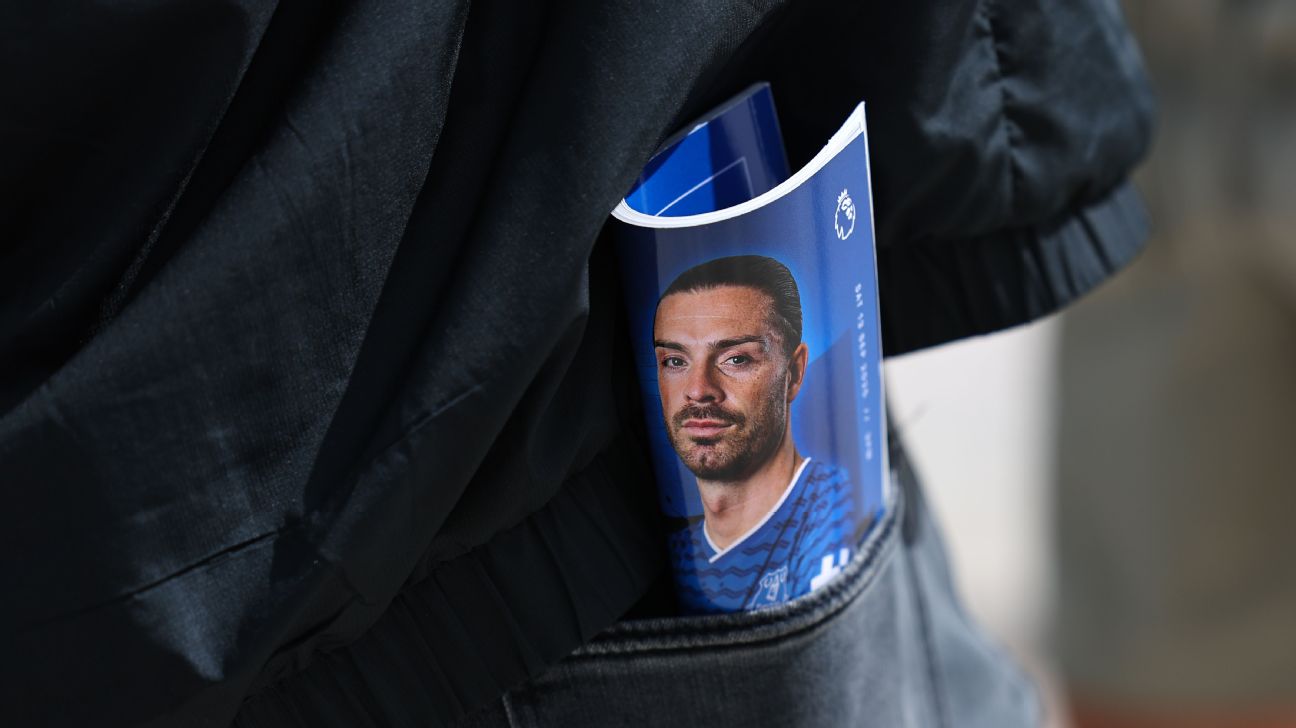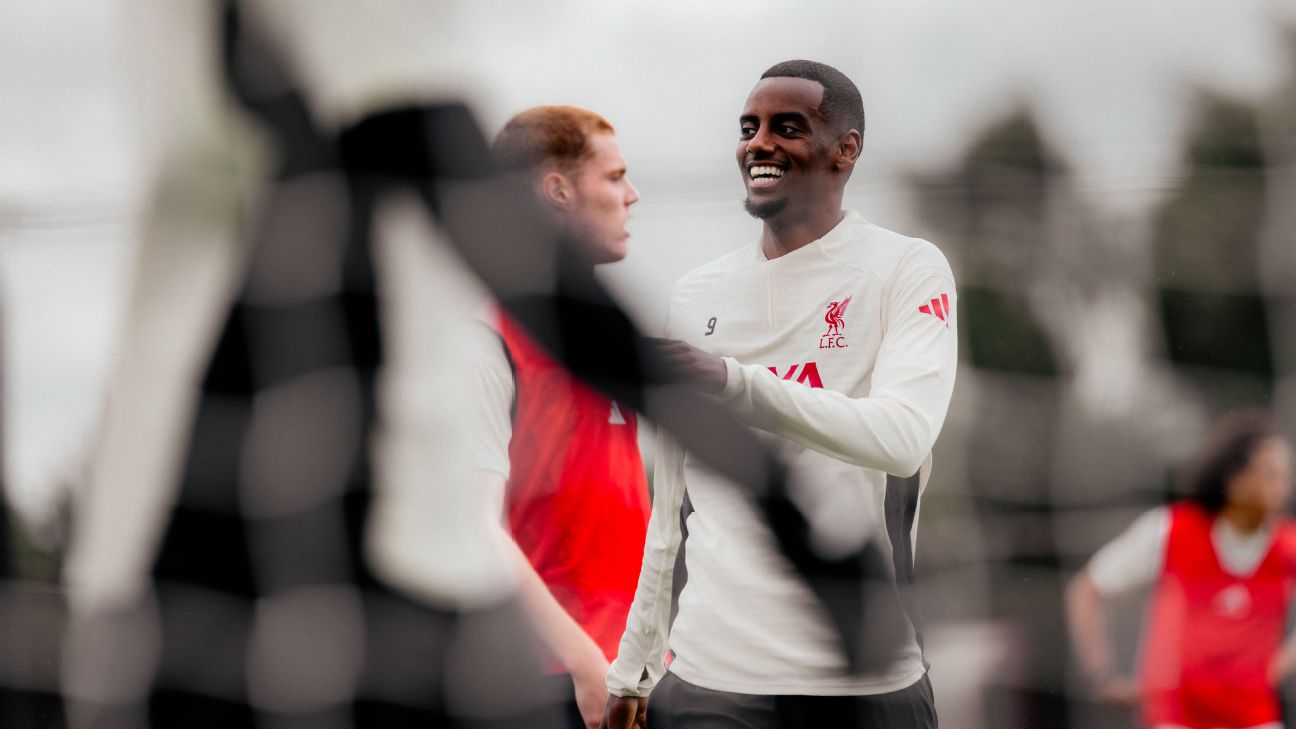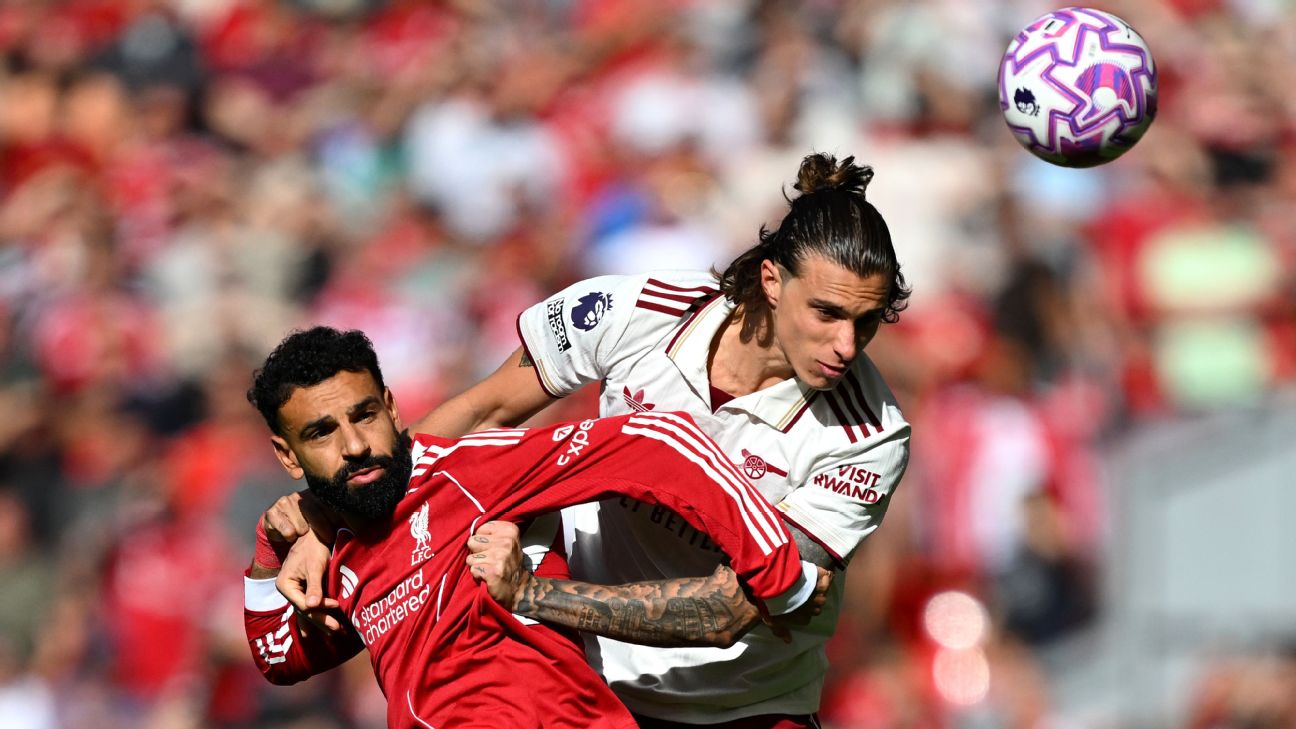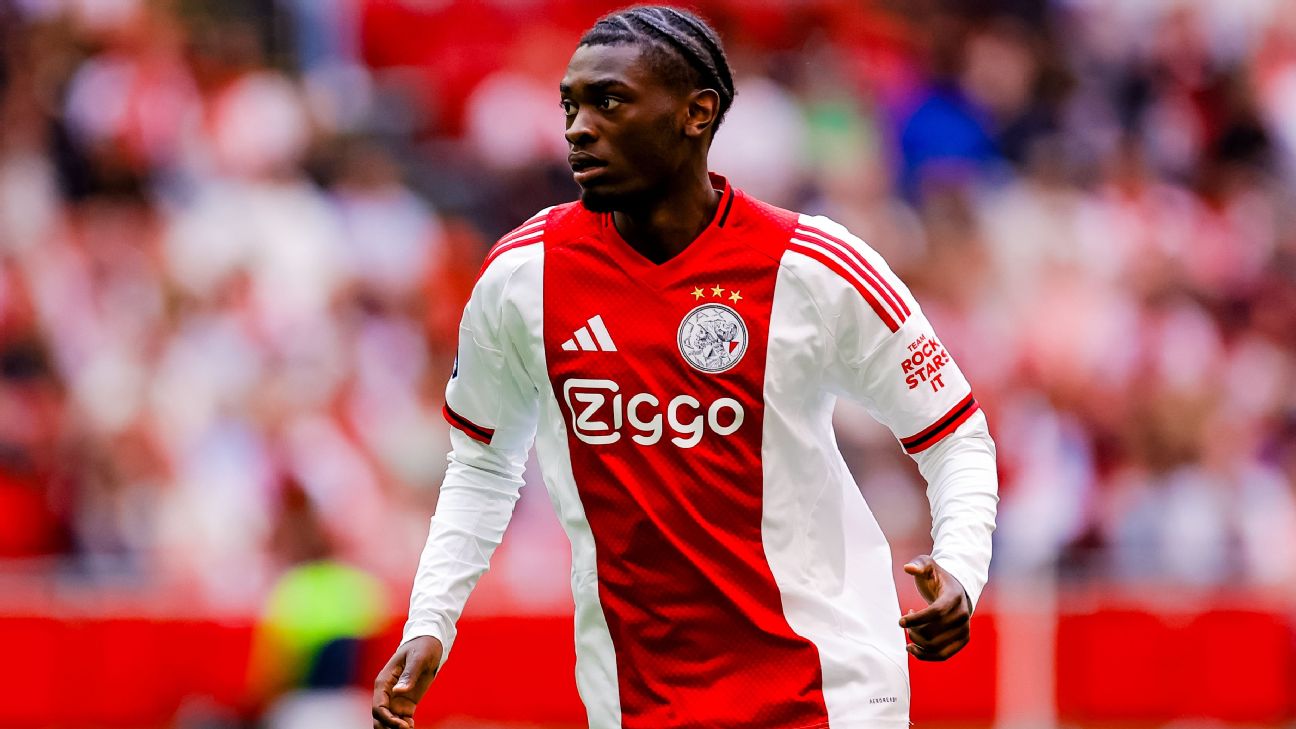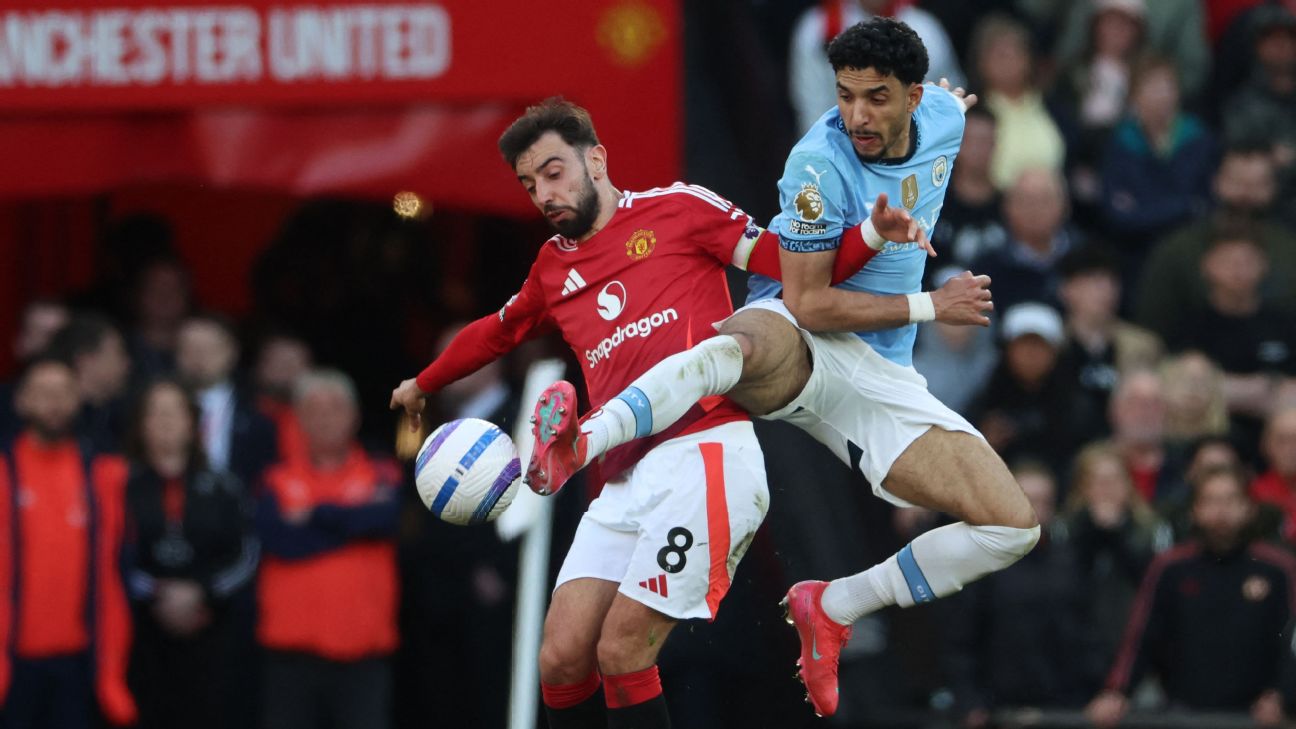Manchester United's Managerial Dilemma: The Future of Ruben Amorim
Explore the ongoing debate about Ruben Amorim's future as Manchester United's manager after a challenging season and Europa League final loss.
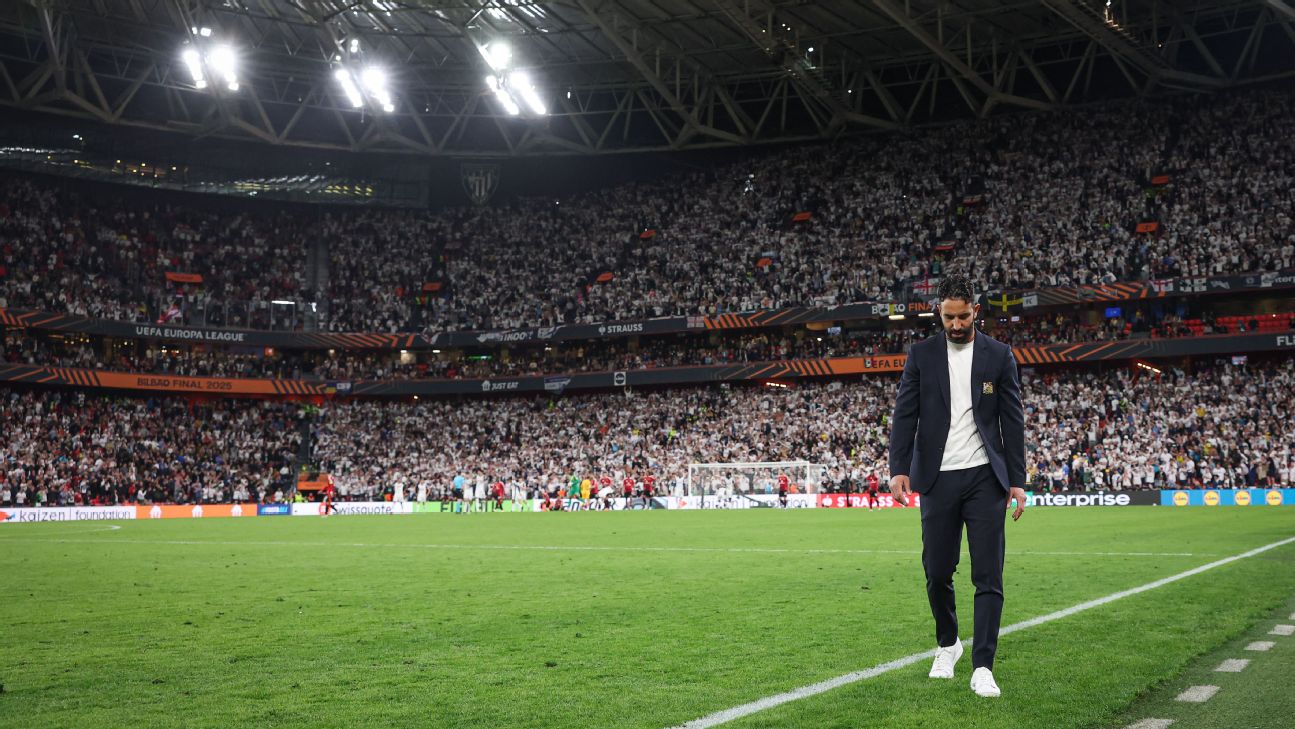
The Pressure Mounts on Ruben Amorim
The pressure is mounting on Manchester United boss Ruben Amorim. In the immediate aftermath of Wednesday's Europa League final defeat to Tottenham Hotspur in Bilbao, Spain, club sources stressed to ESPN that the Portuguese coach retains their full backing. But that hasn't stopped the debate among fans on whether he is still the right man for the job.
A Challenging Premier League Campaign
A truly shocking Premier League campaign -- which could yet end with United just one place above the relegation places in 17th -- was capped off with a miserable 1-0 defeat to Spurs at Estadio de San Mames.
The Case for Keeping Ruben Amorim
Amorim is the first to admit that results during his time in charge haven't been good enough. The key question, though, is whether it's fair to judge. Amorim initially told United he wanted to take over in the summer. He was concerned that asking the players to learn a new tactical system midseason would cause problems and ultimately he has been proved right. He inherited a squad built for variations of a 4-3-3 formation: not his favored 3-4-3. Amorim has also had to deal with injuries to key men like Lisandro Martínez and Amad Diallo.
The Case Against Keeping Ruben Amorim
Amorim's detractors have only to point to his record in the Premier League. United have won just six of their 24 league games with Amorim in charge. More than half have ended in defeat (14). Since Amorim's appointment in November, only Ipswich, Leicester and Southampton -- all now relegated -- have won fewer games. His win percentage of 37.8% in all competitions is well below that of predecessors David Moyes, Louis van Gaal and Erik ten Hag. It's even marginally below Ralf Rangnick's win percentage of 37.9% during his ill-fated caretaker spell in 2021-22.
The Future of Manchester United
Most United fans like Amorim and the way he has handled himself in the job. The question some ask, however, is whether he has done enough to get the keys to the club's future. Transfer funds are tight, and United cannot afford to get recruitment decisions wrong. One of the issues with Amorim's tactical setup is that he has shown no desire to be flexible. He has said repeatedly he has "one idea" and he has stuck to it rigidly. Eddie Howe has occasionally adapted Newcastle's tactics this season to use a back five -- particularly effective in the Carabao Cup semifinal against Arsenal. Ange Postecoglou became more pragmatic during the Europa League run-in, which saw Spurs crowned champions on Wednesday night in Bilbao.
Amorim, meanwhile, has refused to compromise even when the plan isn't working.
Conclusion
The unique nature of Amorim's system means that he will naturally want specialists to fill specific positions, whether it's wing backs or narrow forwards. Recruitment at Old Trafford is done by committee, but Amorim stressed on his first day on the job that he needs a big say. The danger is that Amorim gets his players in the summer and results don't pick up. It would leave United bosses with a decision to make in October or November -- just as they had with Ten Hag this season.
It's possible that, if things don't work out with Amorim, United could look to hire a replacement who wants to revert back to 4-3-3 and asks for a different profile of player in the transfer market. It would leave them facing another rebuild a year down the line with little progress to show for it in the interim. All the while, Manchester City, Arsenal and Liverpool will be getting better, and the gap with the teams at the top of the table will grow wider and wider.
Sources have told ESPN that United chiefs have found the transition to Amorim harder than they expected. They were hoping for some sort of bounce in results and, in the Premier League at least, it hasn't happened. The worry is that the poor domestic form puts Amorim under intense pressure right at the start of next season. In that sense, there are similarities with Ten Hag last summer and that ended in the Dutchman's sacking before Christmas.










